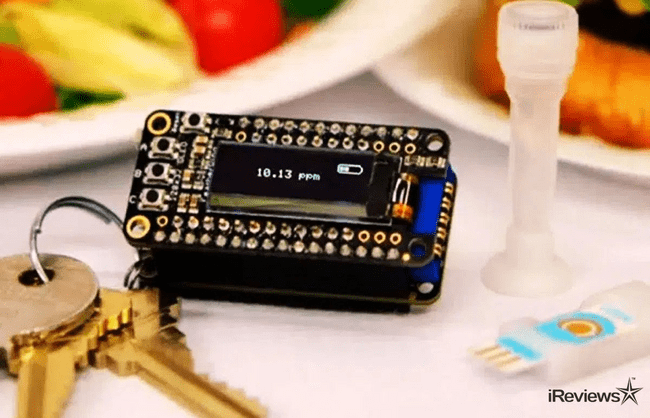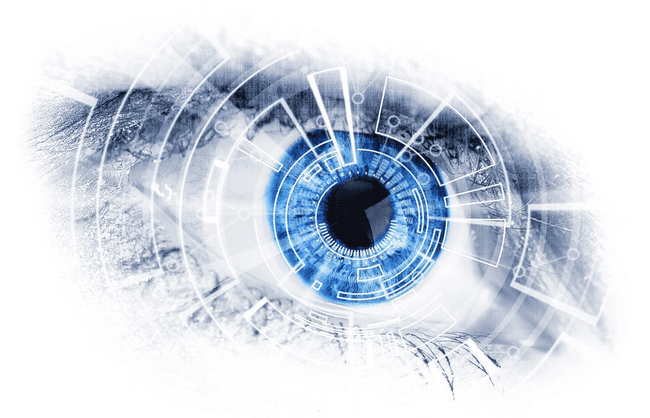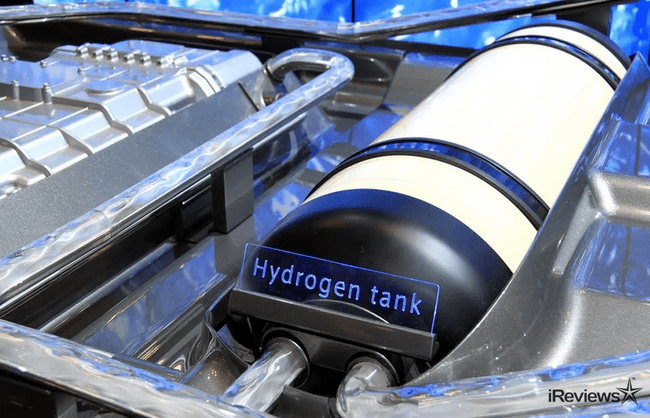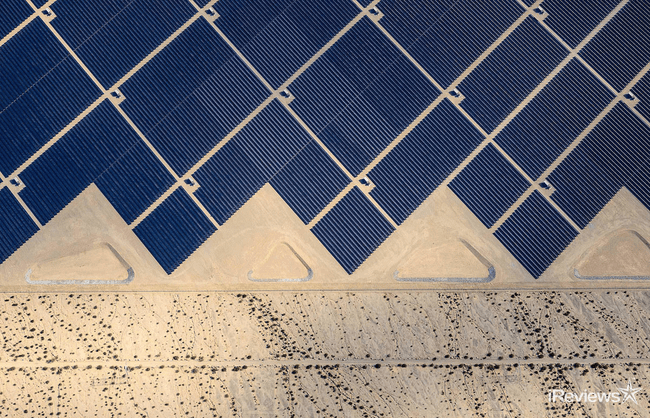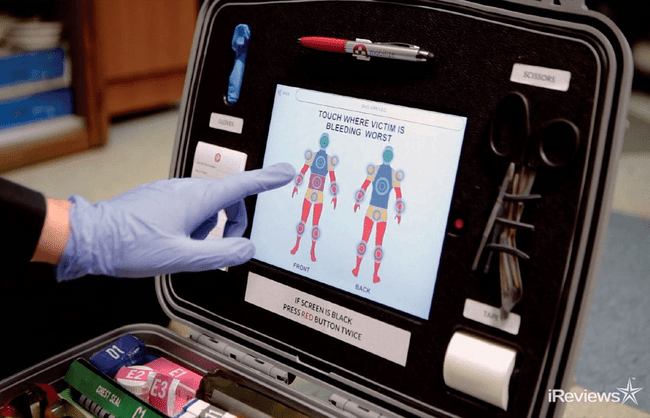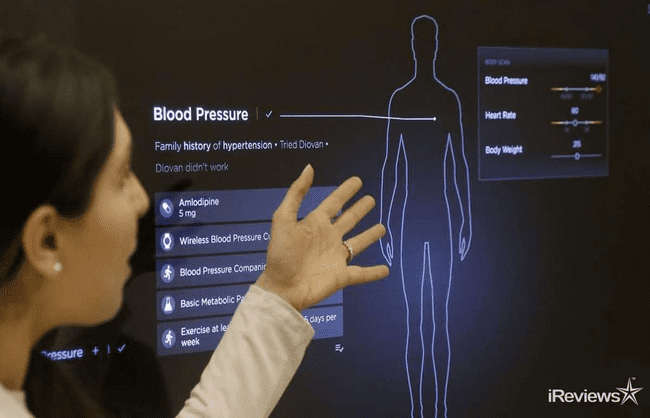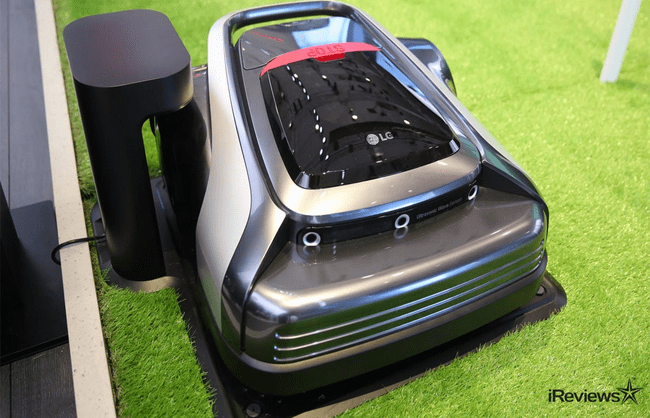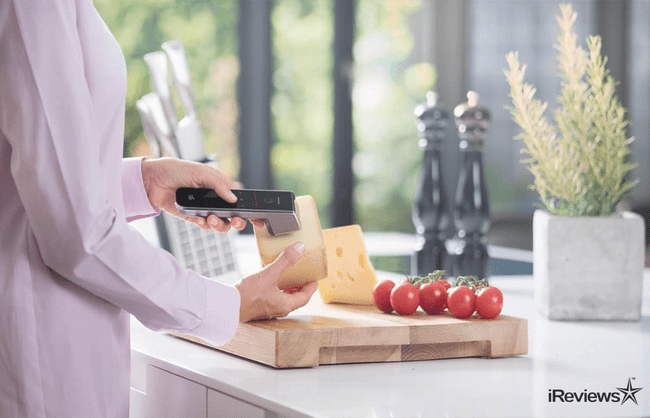If you have food allergies, you know what a terrifying gamble it can be when you go to a restaurant. An allergen like peanuts, eggs, or nuts can be enough to ruin your day if you ingest just a little. For people that have severe allergies, ingesting just a little can be serious enough to warrant a trip to the hospital. Scientists at Harvard Medical School know that food allergies are increasing around the world. That’s why they’re working on iEAT, a portable food allergen detector that only costs $40 to make.
Category: News
The Flying Fish Unmanned Aerial Aquatic Vehicle
With everyone focused on the best surveillance drones flying overhead, let us not forget about the many underwater drones hitting the market. Whether it’s the Pioneer, Biki or the PowerRay, manufacturers have been busy designing some innovative underwater drones. Taking it to the next level, Roboticists at the Research and Exploratory Development Department of the John Hopkins Applied Physics Laboratory have unveiled the first ever Flying Fish Unmanned Aerial Aquatic Vehicle (UAAV) and it’s pretty awesome.
This Bionic Lens Will Give You More Than Just 20/20 Vision
Biological augmentation is a staple of science fiction that never goes out of style. Taking a miracle IQ-increasing pill, having binocular vision, or using robotic arms to lift a car are all commonplace. Yet we never tire of them, because, let’s face it — those all sound really cool to have. Ocumetics Technology Corporation is doing its part to make sci-fi a reality through its Bionic Lens. This lens may be capable of much more than just 20/20 vision.
U.S. and Russian Scientists Make Hydrogen Fuel With Light and Fats
Solar energy steals most of the spotlight these days when it comes to renewable energy. But hydrogen fuel has always remained a promising candidate for a green energy source. Hydrogen never hit its stride like solar did; it never became exponentially easier or cheaper to produce and distribute over time.
Medical Camera Prototype Detects Light Inside the Body
Published in the journal Biomedical Optics Express, scientists at the University of Edinburgh and Heroit-Watt University have developed a light-detecting medical camera capable of seeing through the body. Designed to help physicians locate instruments like endoscopes while traversing inside a patient’s body, the camera prototype is well beyond the current technology.
California Considers Fossil Fuel-Free Future by 2045
The Golden State may be getting a little greener. The state Assembly of California will likely be voting on Senate Bill 100. The bill calls for incremental steps towards a completely clean grid by 2045 through 100% renewable energy generation.
The Future of First Aid: Smart Rescue Kits
According to the American Red Cross, Automatic External Defibrillators (AEDs) could save up to 50,000 lives each year. It also suggests that Americans should always be within four minutes from an AED and someone trained to use it. So what makes AEDs so groundbreaking in First Aid? They’re easily accessible, simple to use, and highly effective with just a little bit of training.
Moving Healthcare Forward: Meet Silicon Valley’s New Medical Office
Disruption is permeating all industries, and the healthcare field is no exception. A man recently underwent 3D printed skull implant surgery. Scientists are working on making food from thin air and electricity. Nima’s portable sensor lets you analyze food on the go. Forward, a new company backed by many Silicon Valley veterans, is rethinking the way we do medical check-ins. People are describing their solution as a combination of the Apple Store and “Westworld.” Come with us on a tour of the possible future of medicine.
AI for Your Front Lawn: LG Reveals Lawn Mower Robot
Mowing your lawn is a bi-monthly (sometimes more) chore that is a rite of passage for many young kids. Your parents might pay you a few bucks for your help. Regardless, you were expected to do a high-quality job in return for some sort of life lesson about hard work. LG has a solution for parents and children: a robot lawn mower controlled by your voice. LG first announced the robot mower at the CES 2017 consumer electronics show. They then gave the first look at a prototype at the IFA consumer electronics trade show in Berlin.
Bosch Reveals X-Spect Scanner, Allowing You to Look Into Your Food and Fabric
If you track your gluten intake, you probably already know about the Nima Portable Food Sensor. It works to measure gluten amounts in your food when you place a sample of your meal into its testing canister. Bosch’s X-Spect scanner is a similar tool; you can measure your food’s freshness in addition to recognizing cloth type. It will even detect a stain on your clothes and instruct your washing machine on how to remove it. If your food is rotten, the scanner will tell you.

